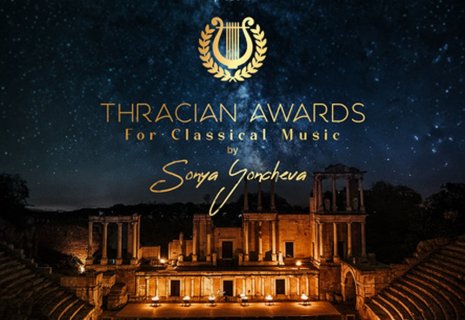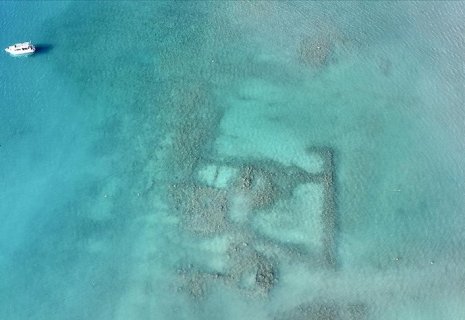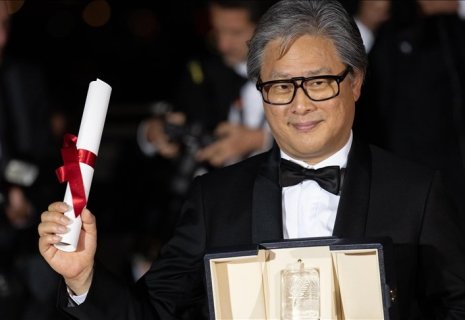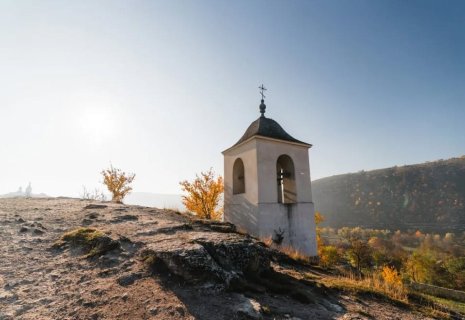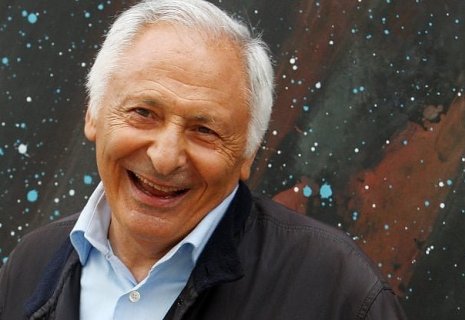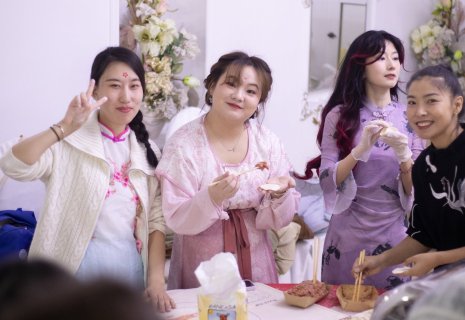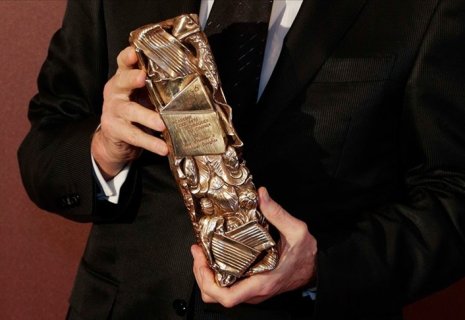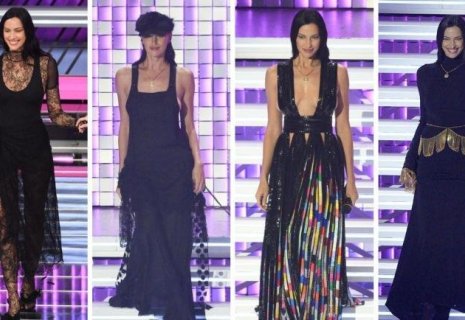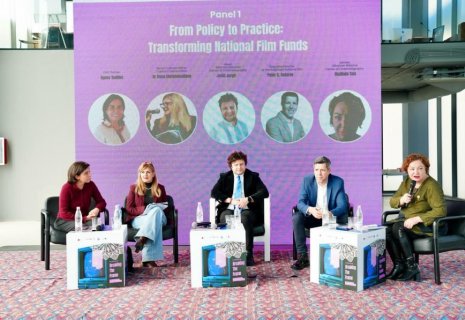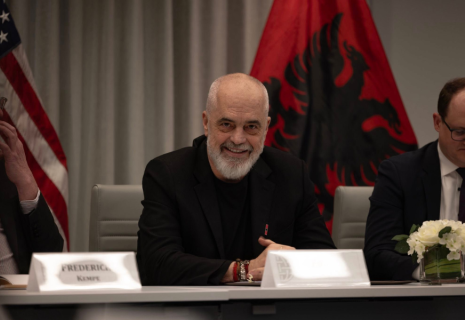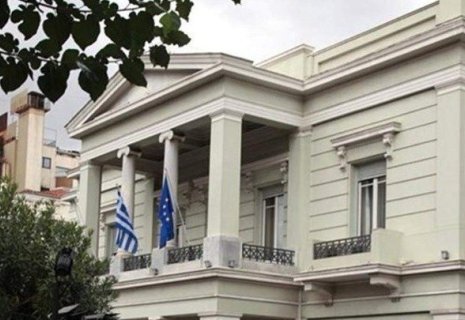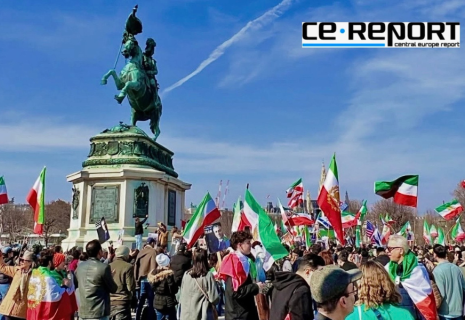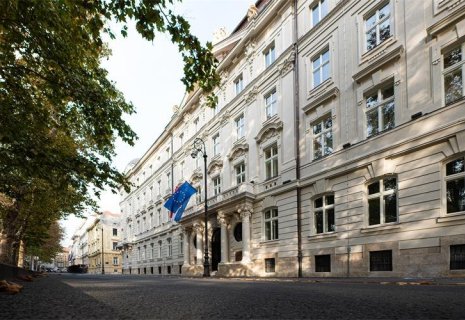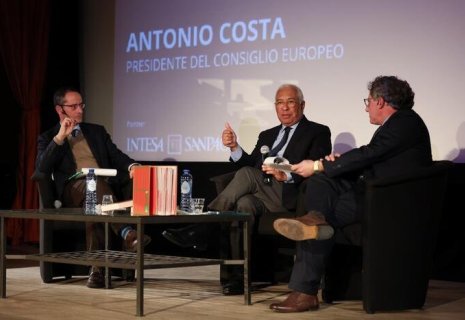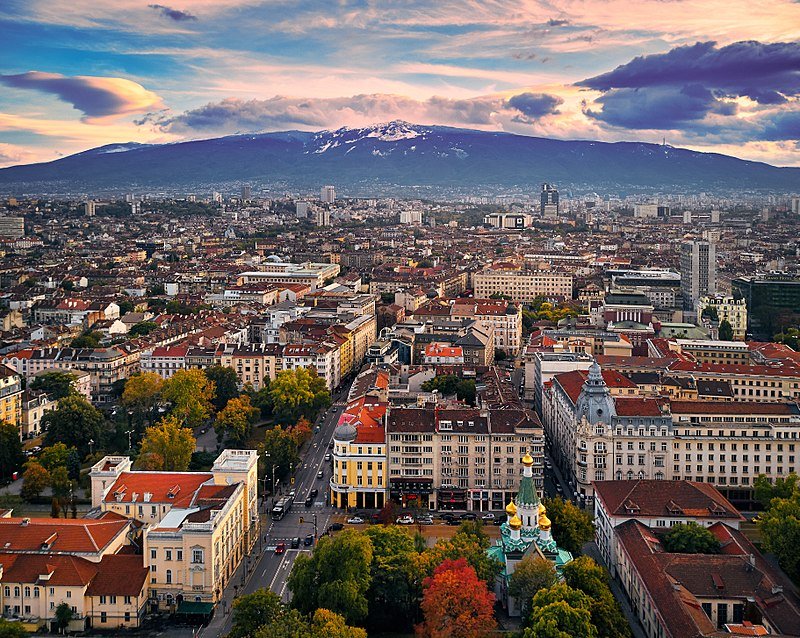
Bulgaria boosts Western Balkans cultural diplomacy - EXCLUSIVE
CE Report presents an exclusive interview conducted via email with Nia Tabakova, Senior Specialist of the State Institute for Culture at the Ministry of Foreign Affairs of the Republic of Bulgaria. The discussion focuses on the forum “Rethinking Cultural Cooperation in the Western Balkans” and Bulgaria’s efforts to strengthen regional cultural diplomacy.
What specific outcomes or joint initiatives are expected from this forum in terms of long-term regional cultural cooperation?
The forum “Rethinking Cultural Cooperation in the Western Balkans”, attended by delegations from Albania, Kosovo, North Macedonia, and Montenegro, was designed as a working visit and structured seminar coordinated by the State Institute for Culture to enhance multilateral engagement and strategic alignment among cultural institutions in the Western Balkans. Its overarching goal was to strengthen the region’s role within the broader framework of contemporary European cultural diplomacy by translating shared values into practical cooperation.
Within this initiative, the emphasis was placed on exploring existing European and international platforms – such as Creative Europe and UNESCO - as vehicles for deepening collaboration and building sustainable regional networks of cultural actors. The seminar addressed on one hand the pressing challenges facing the Western Balkans, including geopolitical volatility, social fragmentation, and erosion of public trust, and on the other the power of culture as a catalyst for dialogue, solidarity, and democratic resilience.
By fostering open communication between cultural institutions, NGOs, local authorities, and creative professionals, the forum’s aim was to translate dialogue into long-term partnerships that contribute to the reconciliation, inclusion, and modernization of the cultural landscape in the Western Balkans.
Key expected outcomes include an enhanced understanding of the strategic importance of cultural diplomacy in regional development and EU integration, the reinforcement of innovative cross-border collaboration models, and the formulation of context-specific policy recommendations to guide future cultural cooperation at regional, national, and international levels.
Could you please provide more details on how the Bulgarian Development Aid Programme supports such cultural diplomacy initiatives?
The Bulgarian Development Cooperation framework, coordinated by the Ministry of Foreign Affairs, represents Bulgaria’s official mechanism for providing assistance to partner countries in line with the principles of solidarity, inclusion, and sustainable development. It aligns with the priorities of the European Union and the United Nations 2030 Agenda for Sustainable Development, with a particular geographic focus on the Western Balkans and the Black Sea region.
The Bulgarian Development Aid Programme identifies the promotion of cultural diversity and people-to-people dialogue as one of its key priorities in the Medium-Term Programme for Development Cooperation. Within this framework, projects such as “Rethinking Cultural Cooperation in the Western Balkans” are supported to foster intercultural understanding, encourage joint cultural initiatives as instruments for reconciliation and European integration, and build institutional capacity in partner countries for participation in international cultural projects. The programme also facilitates the exchange of knowledge and good practices between Bulgarian cultural institutions and their counterparts in the Western Balkans.
In this sense, cultural diplomacy represents an inclusive and practical aspect of Bulgaria’s development policy, aimed at strengthening regional cooperation and promoting sustainable partnerships, as well as advancing democracy, good governance, and regional development through culture.
Will the discussions or results of the forum be made publicly available in a summary or final report?
Yes. A summary of the discussions and key conclusions will be published shortly on the official website of the State Institute for Culture. Furthermore, the Institute plans to prepare a publication in the form of a practical handbook that will include the main findings, good practices, and recommendations resulting from the forum. This publication will serve as a useful reference for institutions and professionals engaged in regional cultural cooperation.
How does the State Institute for Culture plan to continue engagement with participating institutions from Albania, North Macedonia, and Montenegro after the event?
The State Institute for Culture has already developed a number of partnerships across the Balkans, which form a strong foundation for further cooperation.
At its Mission Gallery in Sofia, the Institute runs the ongoing program “Balkan Dialogues,” dedicated to promoting regional artistic exchange and dialogue. Over the past years, this platform has hosted exhibitions such as “Cultural Diplomacy – Balkan Dialogue” from the Republic of North Macedonia, marking UNESCO’s World Day for Cultural Diversity for Dialogue and Development; the children’s exhibition “From Children to Children Around the World” from Bitola; and the “Eco-Consciousness” international exhibition, organized in partnership with the Bulgarian Cultural and Information Centre in Skopje and Galichnik International Art Colony.
The Institute has also collaborated with the National Gallery of North Macedonia on the exhibition “Diplomacy and Art,” the National Museum of Montenegro in Cetinje and the Modern Gallery in Podgorica on reciprocal exhibitions showcasing Bulgarian and Montenegrin art. These examples demonstrate a consistent effort of engagement, cultural exchange, and mutual visibility between Bulgaria and its regional partners.
The State Institute for Culture plans to continue its engagement with the participating institutions in the project “Rethinking Cultural Cooperation in the Western Balkans” through the diplomatic missions of Bulgaria in the Western Balkans, as well as through active collaboration with Bulgarian cultural organizations and networks involved in regional cooperation.
The Institute will also explore opportunities for joint project proposals under European programmes and other international initiatives, as well as for exchange visits, residencies, and expert meetings that will strengthen professional links and institutional capacity. The main goal is to build upon the relationships that have already been established and to transform them into long-term, sustainable partnerships.
Are there plans to institutionalize this initiative as a recurring platform for Western Balkan–EU cultural dialogue?
At this stage, there are no plans to create a new institutional platform for regional cultural dialogue, since several existing structures already operate effectively in this field such as the Culture and Creativity for the Western Balkans (CC4WBs), the Balkan Museum Network, the Creative Industries Network in the Western Balkans, etc. The emphasis will instead be placed on revitalizing and updating the existing cultural dialogue between the Western Balkans and the European Union to reflect new challenges and opportunities, while also enhancing the capacity of participating institutions and professionals to contribute meaningfully to these processes. The objective is not to duplicate existing mechanisms, but to strengthen coordination, visibility, and the overall support for regional cultural cooperation within the broader European context.
For more information about the initiative: https://www.mfa.bg/en/culture/news_upcoming/3295
Photo: Deensel/Wikipedia
This interview was prepared by Julian Müller

